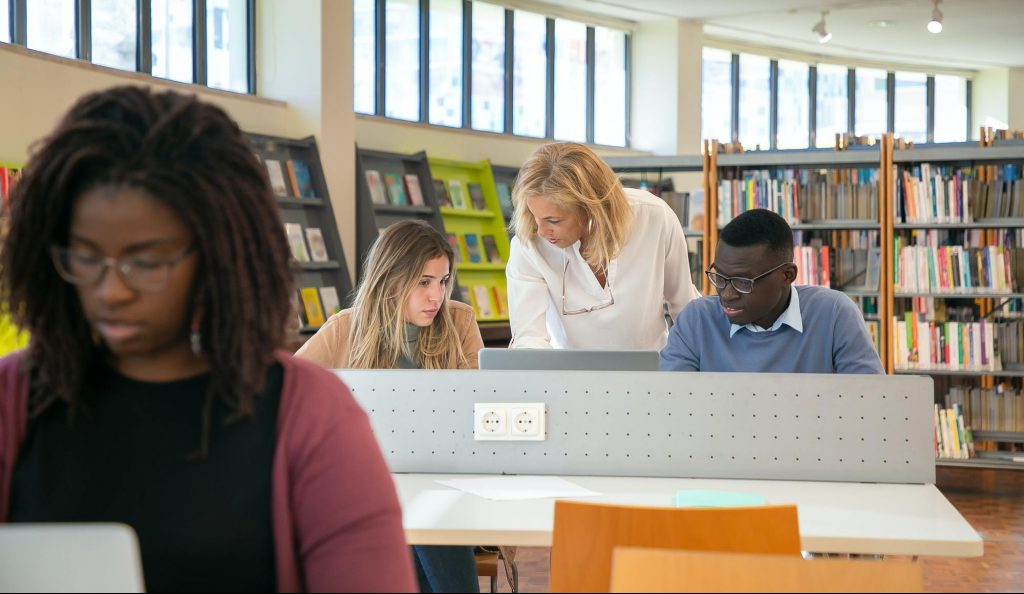
Services to Students with Disabilities
The Special Needs office at Southeastern Technical College promotes the success of students with disabilities. Our focus is to provide students with disabilities the tools, reasonable accommodations, and support services to participate fully in the academic environment.
Section 504 of the Rehabilitation Act of 1973 and the Americans with Disabilities Act of 1990 define a person with a disability as someone with a physical or mental impairment that substantially limits one or more major life activities such as walking, seeing, hearing, speaking, breathing, learning, and working. Such a person must have a record of the impairment or be regarded as having such impairment.
Examples of some reasonable accommodations include:
- Extended time for class projects and tests
- Testing in a distraction-reduced setting
- Permission to audio record class lectures
- Volunteer note-takers
- Books in electronic format
- Screen-reading software
- Speech recognition software
- Use of an electronic spell checker for classroom tests, quizzes, and writing assignments
- Use of a calculator
- Magnification/visual aid/large print
- Priority seating (front row, back row, near exit, etc.)

Special Populations
Special Populations services at Southeastern Tech are designed to assist students through support services, including resource referrals and customized workshops. The program provides effective guidance to assist students in overcoming barriers to stay in school and achieve their career goals.
Special Populations serves students enrolled in Career and Technical Occupation programs and are members of one of the following Special Populations:
- Displaced Homemakers
- Single Parent (male or female)
- Non-Traditional Students
- Academically Disadvantaged
- Economically Disadvantaged
A displaced homemaker is an adult, who is divorced, widowed, separated, or has a disabled spouse and is unemployed or underemployed. The displaced homemaker is also one who has worked primarily without pay to care for a home and family and, for this reason, has diminished marketable skills.
A single parent is an individual who is unmarried or legally separated from a spouse and has a minor child or children for whom the parent has either custody or joint custody.
A student in a non-traditional program is a student who has chosen to enter training in a field that is dominated by persons of the opposite gender, such as a male in nursing or a female in automotive technology.
An economically disadvantaged student is an individual receiving Pell, WIA, TANF, etc.
Students may initiate their own use of these services or may be referred by college staff, faculty, social agency personnel, or other professionals.
Helen Thomas
Director of Student Support Services
Vidalia Campus – Building A, Office 165
(912) 538-3126
